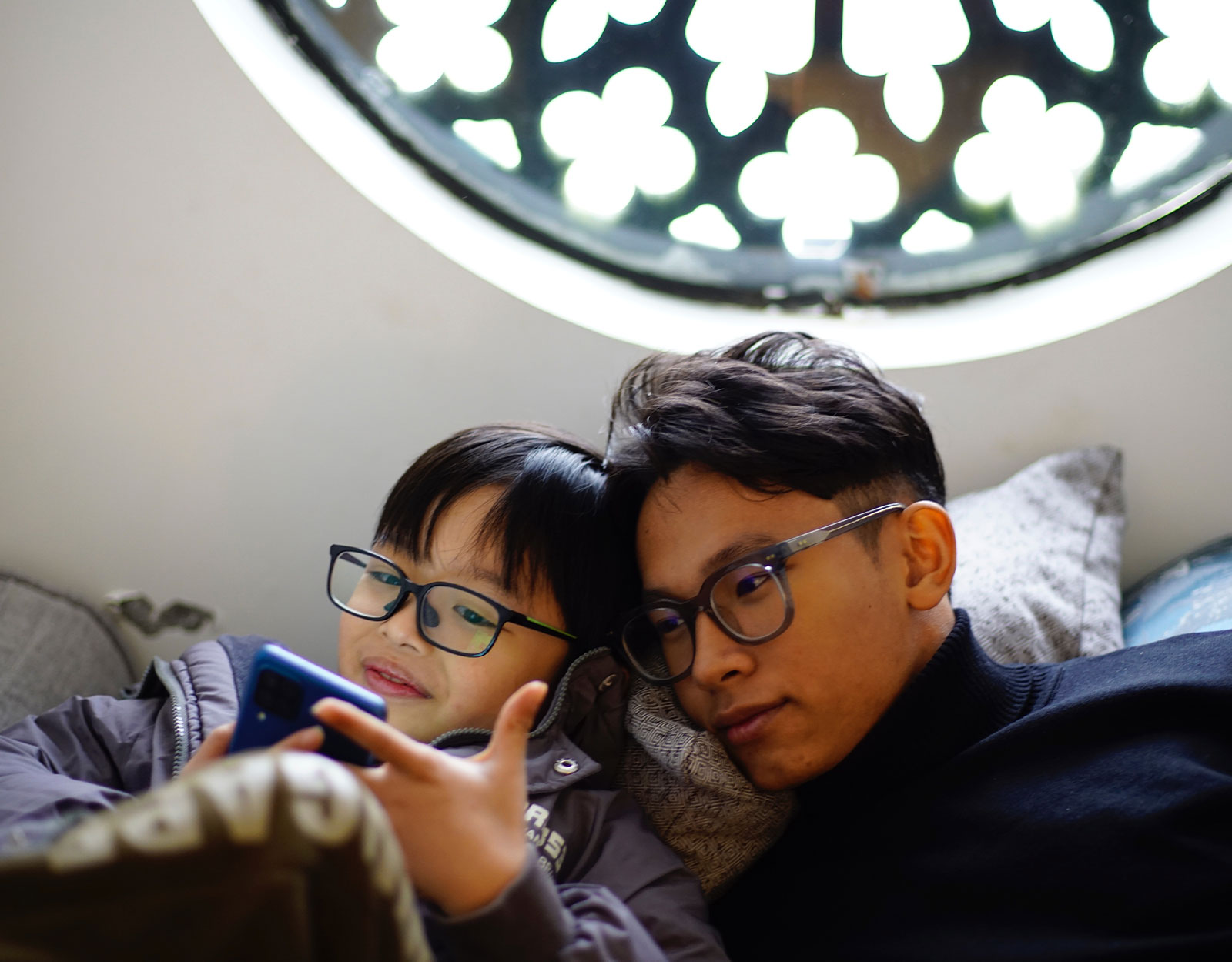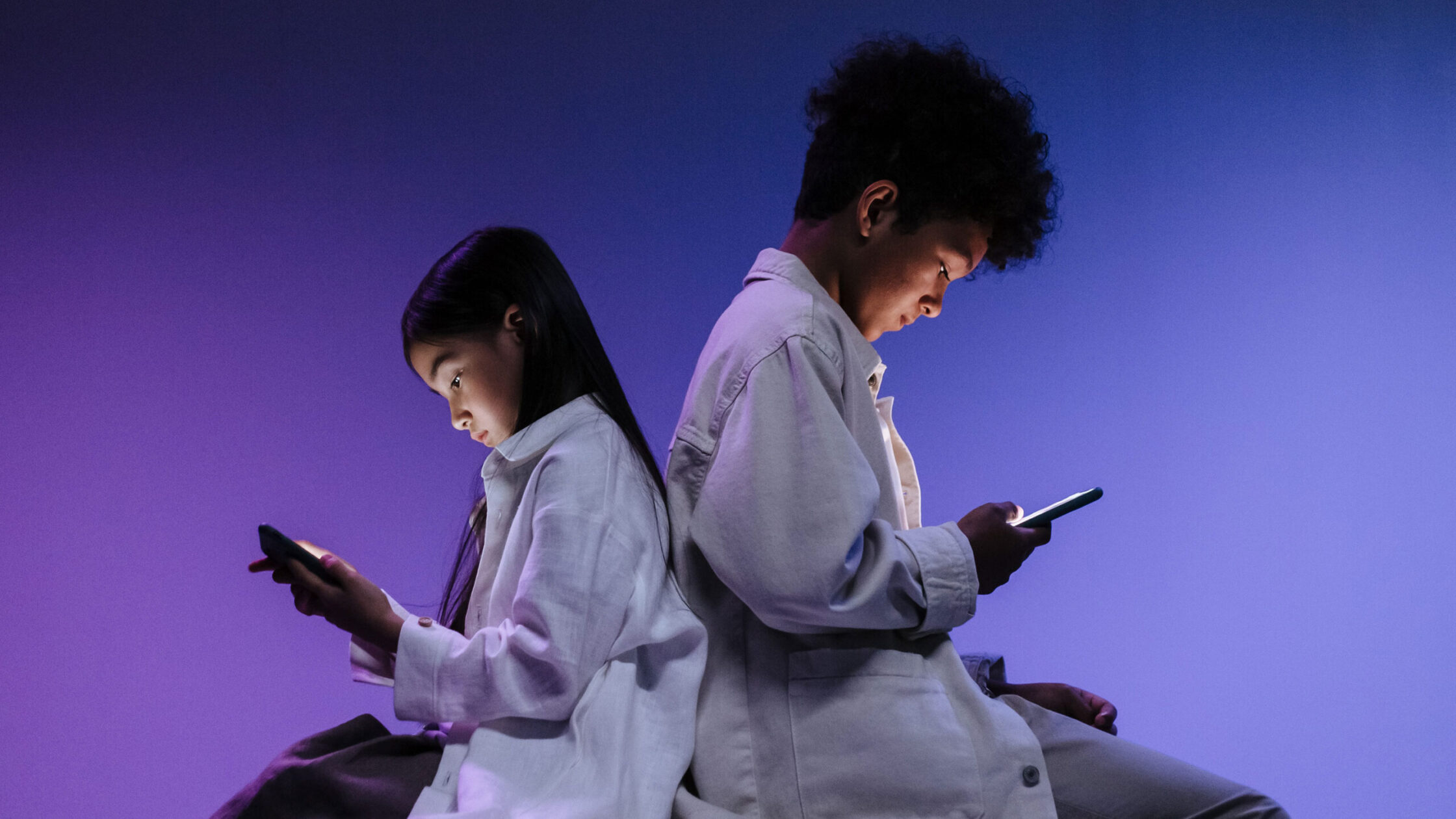Kids
What is the Right Age to Give Kids a Smartphone?
At what age should parents give their kids a smartphone?
It has always been the million-peso question for parents when to give their kids a smartphone. Especially when the smartphone’s model and brand can either make or break their kids’ confidence in school, parents know that buying and trusting a kid with their own smartphone isn’t cheap. Some studies have spoken against it whereas others have supported it. But here’s what we know so far:
What Science says about trusting kids with smartphones
Nowadays, kids as young as 10 years old are being trusted with their own smartphones (Heid, 2017). Common uses for their smartphones include surfing YouTube and playing games to keep them busy in a place that’s not kid-friendly. But as they grow into teens, they use their smartphones more often because of social media (Radesky, Weeks, Ball, Schaller, Yeo, Durnez, Tamayo-Rios, Epstein, Kirkorian, Coyne, & Barr, 2020).
Social media provided them a place to develop their identity and at the same time, receive instant approval or rejection for their actions in what many call “the public court of opinion” (Valkenburg, Meier, & Beyens, 2021; Vaterlaus, Aylward, Tarabochia, & Martin, 2021). However, some studies discovered that social media did help teens in their “academic” well-being since schools, nowadays, rely on social media sites to communicate with their students (Vaterlaus et. al, 2021).

What do Filipino parents say about trusting their kids with smartphones?
Because many Filipino parents are OFWs, they rely on smartphones to communicate with the children they left behind in the Philippines (Madianou & Miller, 2011; Graham, Jordan, Yeoh, Lam, Asis, Su-Kamdi, 2012; Cabanes & Acedera, 2012). Smartphones serve as their media of communication which also includes discipline and giving advice, allowing the OFW parent to still be a parent even at a physical distance. Other parents trust their kids with smartphones to give their children a way to contact them should they feel sick or inform them of any further changes with their school schedule.
Where do kids learn how to use it?
Not surprisingly, kids learn how to use smartphones from their parents. Not just for application use but also for how long to use it for (Heid, 2017). When a child sees their parent using their smartphone for long periods of time, they are most likely to follow the same way. However, teens eventually break that pattern because social media helps them stay in contact with their friends. And as most parents know, teens prefer taking advice from their peers especially when they’re struggling emotionally and mentally (Rickwood, Deane, Wilson, Ciarrochi, 2005).
What age is appropriate to give a child a smartphone?
Trusting kids with a smartphone is a big investment especially if they want one of those high-end ones. Although smartphones have its benefits (i.e. academics, keeping in contact with your child), it also means opening kids up to other people’s opinions, which can affect them badly. There are people who confuse being mean with being candid and there are other kids or teens who see smartphones as an indicator of social class and status. So truthfully, it’s not about physiological age. Rather, it’s about their mental and emotional age: just how mature are they to ignore unnecessary comments and remarks from other people?

References
Cabanes, J. V. A., & Acedera, K. A. F. (2012). Of mobile phones and mother-fathers: Calls, text messages, and conjugal power relations in mother-away Filipino families. New Media & Society, 14(6), 916-930.
Davey, S., & Davey, A. (2014). Assessment of smartphone addiction in Indian adolescents: a mixed method study by systematic-review and meta-analysis approach. International journal of preventive medicine, 5(12), 1500.
Graham, E., Jordan, L. P., Yeoh, B. S., Lam, T., Asis, M., & Su-Kamdi. (2012). Transnational families and the family nexus: perspectives of Indonesian and Filipino children left behind by migrant parent (s). Environment and Planning A, 44(4), 793-815.
Heid, M. (2017). We need to talk about kids and smartphones. Time Magazine. Retrieved.
Livingstone, S., & Byrne, J. (2018). Parenting in the digital age: The challenges of parental responsibility in comparative perspective.
Madianou, M., & Miller, D. (2011). Mobile phone parenting: Reconfiguring relationships between Filipina migrant mothers and their left-behind children. New media & society, 13(3), 457-470.
Radesky, J. S., Weeks, H. M., Ball, R., Schaller, A., Yeo, S., Durnez, J., … & Barr, R. (2020). Young children’s use of smartphones and tablets. Pediatrics, 146(1).
Rickwood, D., Deane, F. P., Wilson, C. J., & Ciarrochi, J. (2005). Young people’s help-seeking for mental health problems. Australian e-journal for the Advancement of Mental health, 4(3), 218-251.
Valkenburg, P. M., Meier, A., & Beyens, I. (2022). Social media use and its impact on adolescent mental health: An umbrella review of the evidence. Current opinion in psychology, 44, 58-68.
Van Velthoven, M. H., Powell, J., & Powell, G. (2018). Problematic smartphone use: Digital approaches to an emerging public health problem. Digital Health, 4, 2055207618759167.
Vaterlaus, J. M., Aylward, A., Tarabochia, D., & Martin, J. D. (2021). “A smartphone made my life easier”: An exploratory study on age of adolescent smartphone acquisition and well-being. Computers in Human Behavior, 114, 106563.
More about screen use and gadgets?
How Much Screen Time Is Too Much?
5 Amazing Things Teens Can Do With Their Phones
10 Commandments for Every Kid and Teen Netizen





